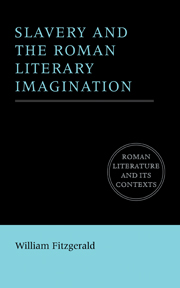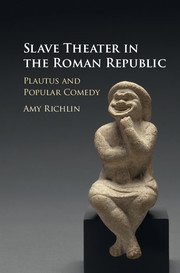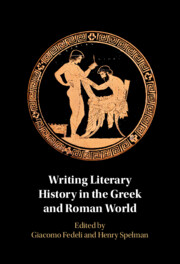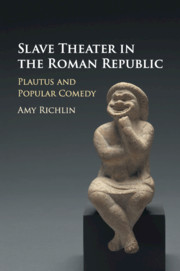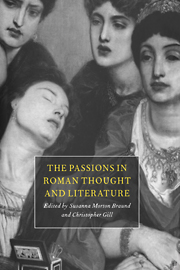Slavery and the Roman Literary Imagination
This book deals with the ways in which the ancient Roman literary imagination explored the phenomenon of slavery. It asks what the free imagination made of the experience of living with slaves, beings who both were and were not fellow humans. The book covers the full range of Roman literature, and is arranged thematically. It discusses the ideological relation of Roman literature to the institution of slavery, and also the ways in which slavery provided a metaphor for other relationships and experiences, and in particular for literature itself.
- Was the first general account of slavery and Latin literature
- Covers the full range of Roman literature
- Suggests alternative ways of thinking about the relation between literature and slavery
Reviews & endorsements
"...in this elegant little book he shows how the violent dynamic between free person and slave operated in the barber shop, at the dinner table and in the relationship to one's gods. The book is exceptionally well written, and a welcome addition to the excellent "Roman Literature and Its Contexts" series. Highly recommended." Choice
"...explores with insight and flair the symbiotic relationship between Roman slaves and their masters." Lingua Franca
"In short, an attractive and provocative work. In the estimate of the reviewer, it is one of the best in an outstanding series that has already established itself as an essential part of modern Latin studies" Phoenix 2001
"...a provocative guide to what slavery can tell us about Roman literature and should do much to stimulate further research." Bryn Mawr Classical Review
Product details
March 2000Paperback
9780521779692
142 pages
199 × 130 × 9 mm
0.17kg
Available
Table of Contents
- Introduction
- 1. The other self: proximity and symbiosis
- 2. Punishment: license, (self-) control and fantasy
- 3. Slaves between the free
- 4. Slavery and the continuum of (servile) relationships
- 5. Enslavement and metamorphosis
- Epilogue.

